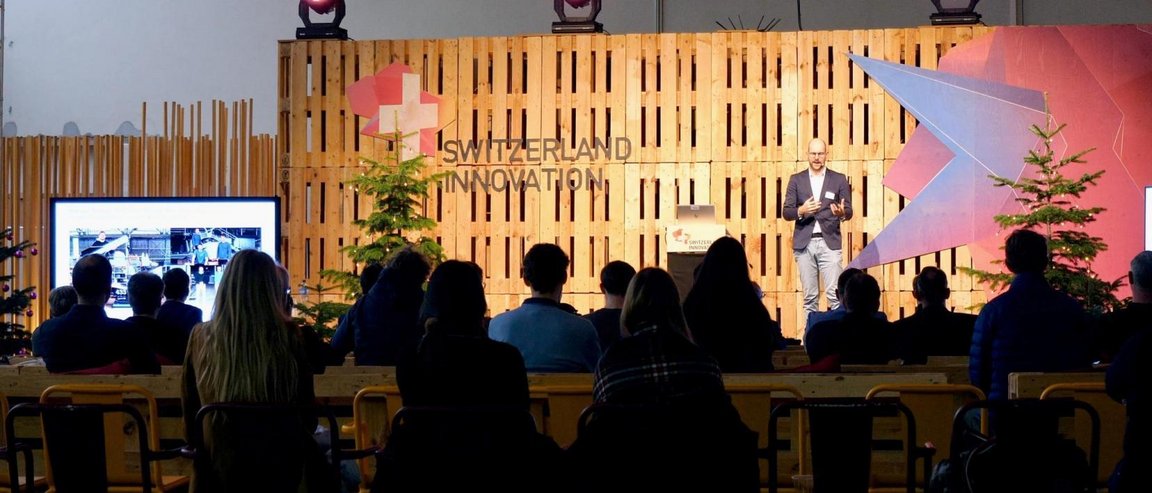
Traduit avec DeepL
Le canton de Zurich compte un nombre supérieur à la moyenne d'acteurs qui sont des leaders mondiaux dans le vaste domaine des systèmes autonomes volants ou terrestres. C'est ce qui a incité la promotion économique de l'Office de l'économie et du travail du canton de Zurich et la SATW à organiser un atelier de suivi faisant suite au succès de l'événement de lancement "Systèmes autonomes" de septembre 2021.
Le consortium LINA, qui comprend, outre des institutions académiques, des partenaires industriels de terrain et les autorités de régulation, gère de manière opérationnelle l'infrastructure pour le développement et les tests de systèmes autonomes volants dans le canton de Zurich.
Des drones qui interagissent avec des surfaces telles que des arbres, des ponts, des flammes, des pales de rotor ou de l'eau. Ce qui ressemble à de la science-fiction est déjà une réalité dans les laboratoires du professeur Mirko Kovač à l'Empa. Un jour, les drones devraient être en mesure d'effectuer des mesures ou des réparations de manière autonome et ainsi, d'une part, de soulager les personnes dans des situations dangereuses et, d'autre part, d'augmenter la longévité des infrastructures.
Le parc d'innovation situé sur le site de l'aéroport de Dübendorf fait office de noyau. Sur 40 hectares, un espace est créé pour la collaboration entre la science et l'économie afin d'alimenter l'innovation. Le parc d'innovation profite de sa situation de départ unique avec de grandes surfaces et un terrain d'aviation servant de terrain d'essai qui doit être reconverti à un usage civil. L'OFAC crée en outre le premier U-Space de Suisse autour de l'aéroport de Zurich.
La plate-forme Innovation Zurich, qui vient d'être lancée, fournit une aide importante à l'orientation dans le paysage des entreprises. La couverture thématique comprend actuellement quatre thèmes importants pour Zurich - tendance à la hausse. La plate-forme de l'Office de l'économie et du travail du canton de Zurich s'est fixé pour objectif de promouvoir l'innovation sur le site de Zurich ; les manifestations, la mise en réseau et la visibilité des entreprises innovantes sous forme de portraits en sont les principaux éléments.
Le BRIDGE Lab de l'université de Zurich tente de combler le fossé entre les problèmes de plus en plus complexes et la capacité humaine à les comprendre. Le projet se penche sur le défi que représente l'intégration dans la société de nouvelles technologies telles que les drones comme solution à la mobilité aérienne urbaine. Au cours des deux prochaines années, le projet cherche à établir un dialogue avec la population et propose des lignes directrices dans un monde technologique complexe.
La SATW est consciente de l'importance de l'acceptation des technologies par la société, c'est pourquoi elle consacrera pour la première fois un chapitre à l'évaluation des choix technologiques dans le Technology Outlook 2023, qui sera publié à la fin de l'été.